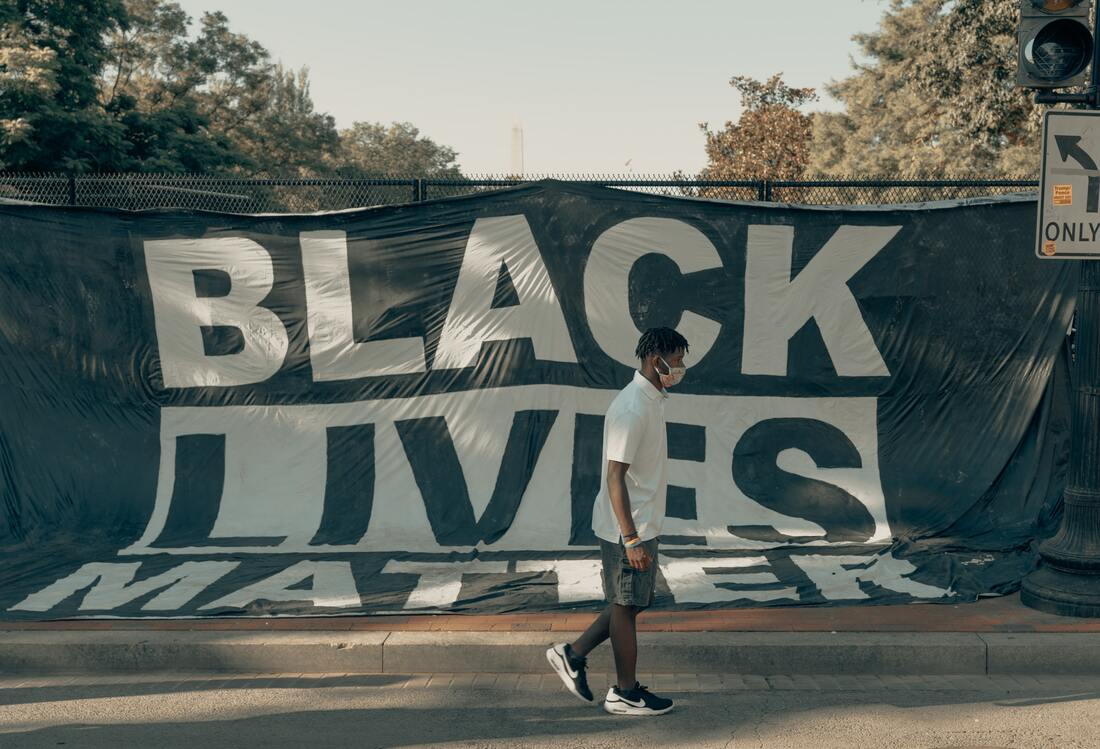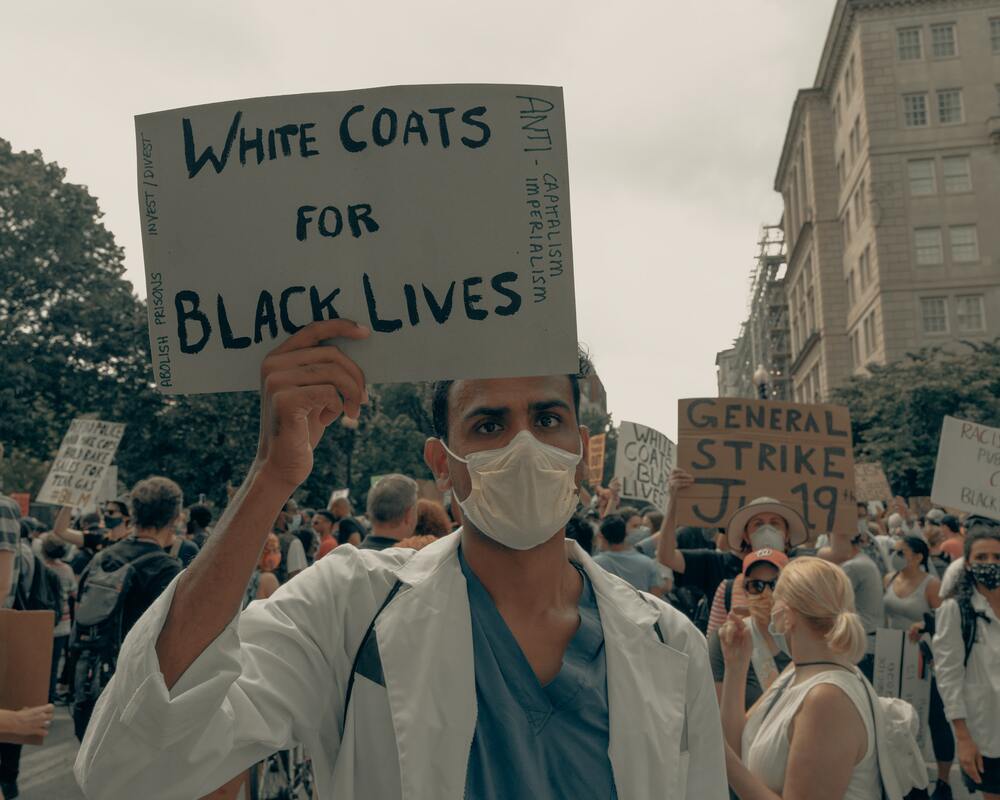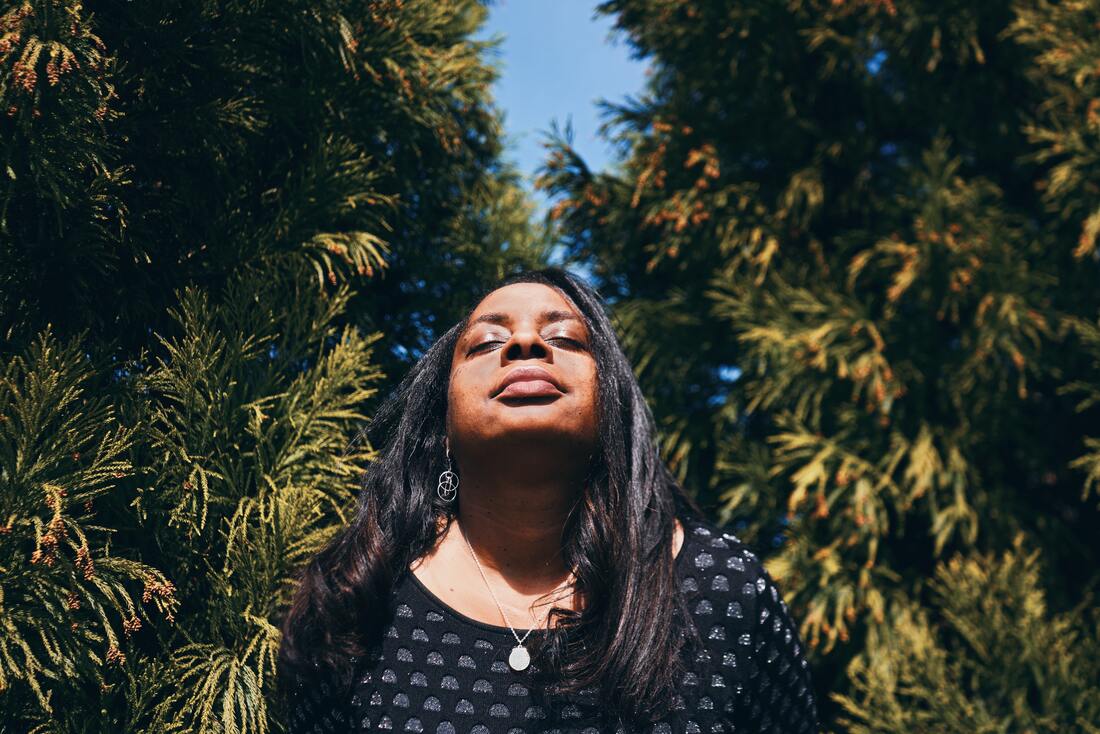|
Stories of discrimination and police brutality have filled the news lately, but if you’re part of a racial minority, racism and discrimination are a daily reality. Consider what many minorities experience on a regular basis: the security guard following them around the store, perhaps because of the color of their skin or the police officer pulling them over without what appears to be any cause. Or there are the white people holding their bags closer as they walk by. These “microaggressions” can take a serious toll on mental health, leaving one overwhelmed by stress and at increased risk for depression, anxiety and substance abuse. While discrimination and racism won’t disappear overnight, there is hope. Powerful global social movements are pushing for change and seeing results. And there are steps you can take to limit racism, strengthen your community and protect your own mental health. Racial Trauma and Race-Based Traumatic Stress According to Mental Health America (MHA), racial trauma, or race-based traumatic stress (RBTS), refers to the mental and emotional injury caused by encounters with racial bias and ethnic discrimination, racism, and hate crimes. Any individual that has experienced an emotionally painful, sudden, and uncontrollable racist encounter is at risk of suffering from a race-based traumatic stress injury. MHA also notes that in some individuals, prolonged incidents of racism can lead to symptoms like those experienced with post-traumatic stress disorder (PTSD). This can look like depression, anger, recurring thoughts of the event, physical reactions (e.g. headaches, chest pains, insomnia), hypervigilance, low-self-esteem, and mentally distancing from the traumatic events. It is important to note that unlike PTSD, RBTS is not considered a mental health disorder. RBTS is a mental injury that can occur as the result of living within a racist system or experiencing events of racism. Racialized trauma can be experienced directly, but you don’t need to experience racism firsthand to feel traumatized or for your mental health to suffer. Watching news reports of police brutality against black people, witnessing prejudice against your friends, family, or neighbors, or being subjected to the distressing rhetoric of some political leaders can also cause racial trauma. Racial trauma can even be passed down from one generation to the next, through the recounting of harrowing stories, for example, or the sustained mistreatment of a community. Research has shown that by the time they are a year old, black infants have higher levels of the stress hormone cortisol than white infants, suggesting they’re already adversely reacting to discrimination and bias. Race and Barriers to Mental Health Care The American Psychiatric Association notes that despite recent efforts to improve mental health services for African Americans and other minority groups, barriers remain regarding access to and quality of care. The barriers include:
Other common barriers include the importance of family privacy, lack of knowledge regarding available treatments, and denial of mental health problems. Not receiving appropriate information about services and dehumanizing services have also been reported to hinder African Americans from accessing mental health services. All of this results in some alarming statistics. According to the National Alliance on Mental Illness, only one in three African Americans who need mental health care services receives it. Plaguing issues of poverty, mass incarceration, and financial hardships have increased mental illness and suicide in the African American community. And according to the Office of Minority Health, adult African Americans living below poverty are three times more likely to report serious psychological distress than those living above poverty. A few more scary statistics from the American Psychiatric Association:
But there’s also some good news from the APA:
How to Cope With Racism The National Alliance for the Mentally Ill has come up with a list of things you can do to reduce the stigma associated with mental health issues:
HelpGuide offers a few more ideas for how to cope with racial discrimination and injustice: Reach out to others and share your pain - The simple act of talking with someone who makes you feel heard and understood can trigger hormones that calm your nervous system, relieve stress, and ease the symptoms of depression and anxiety. In fact, a 2019 study found that black women who regularly opened up about their experiences of everyday racism were less likely to exhibit the signs of chronic stress, premature aging, and ill health than those who kept their experiences to themselves. Embrace your ethnicity - Racism is often used as a weapon to devalue you as a human being and lower your self-esteem. You can counter that and help deflect the pain of racism by developing a strong sense of your ethnic identity, embracing your heritage, and taking pride in your culture and history. Educate yourself on the history of your race. Black history, for example, didn’t begin with slavery. Both Africa and the Caribbean have long and proud histories, with Africa being the birthplace of humanity and the cradle of civilization. The more you learn about the history of your race, the better you can steel yourself against the ignorance that fuels prejudice and discrimination. Channel your anger - No matter how much your anger is justified, expressing it in a knee-jerk fashion will impair your judgement, diminish your chances of being heard, and negatively affect your health. Similarly, trying to mute or suppress your anger will also have a negative impact on your mental and physical health. The key is to harness your anger and channel it in a constructive way to provoke meaningful change.
Allow yourself to feel hope—even gratitude - Allowing yourself to feel hope can make a huge difference to your mental health. And studies have shown that acknowledging and expressing gratitude can help improve symptoms of depression, boost your self-esteem, and even strengthen your immune system. Try to find something positive about each day, however small. By trying to find the good in even the worst days, you can help to boost the levels of serotonin and other feel-good chemicals in your brain, improving your mood and outlook. Find a “safe” place - Everyone needs a safe place to retreat to each day—a place to relax, recharge, and let down your guard without feeling stressed, on edge, or a target for racism. For some people, that place is home. But if you live in a crime-ridden neighborhood or have a turbulent family life, home may not feel safe or a place you can totally relax, so you’ll need to look further afield. Many people find their safe place in a church, mosque, or other religious institution, a place where you can be with like-minded people who share your faith and values. Or you could try a community center, local library or recreational facility, after-school-program, or any place where you’re able to take a break from ongoing, relentless stress. Take Care of Yourself
Having to cope with the daily pain and stress of racial discrimination can be emotionally and physically exhausting. Since your body and mind are so closely linked, taking care of yourself is an important part of coping with racism, getting through times of overwhelming stress, and steeling yourself for the challenges to come. Exercise regularly - this can ease stress, anxiety, and anger, give your spirits a lift, and boost your self-esteem. Make time in your day to go for a walk or run, for example, dance—on your own, with a loved one, or with your kids—lift weights, or hit a punching bag or pillow to release your frustration and burn off tension. Manage stress - Relaxation techniques such as yoga, deep breathing, and meditation can help relieve stress, calm your anxious mind, and bring your nervous system back into balance. Eat right - When you’re stressed, anxious, or depressed, it’s natural to turn to the comfort of takeout and convenience food. Eating a healthier diet can make a huge difference to your mood, energy, and outlook. Get enough sleep - When you’re working long hours, taking care of a family, or enduring high levels of stress, scrimping on sleep may seem like the best solution. But not getting enough quality sleep at night can impact your mood, energy, and ability to handle stress. Reach out if you need help - If you’re struggling to cope with racism, discrimination or anything related to the traumatic events of the past year, a professional therapist can help. See if you qualify for free therapy in Charlotte, NC.
0 Comments
Leave a Reply. |
AuthorWrite something about yourself. No need to be fancy, just an overview. Archives
June 2024
Categories |





 RSS Feed
RSS Feed
